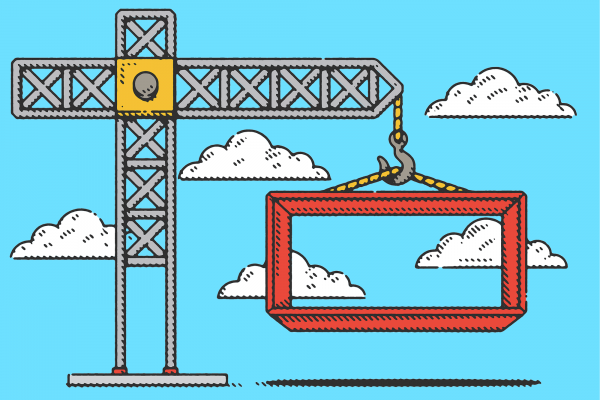BY NOW, MOST of us have been affected by problems with the “supply chain.” It started last year with shelves void of toilet paper, then morphed into a lack of other manufactured goods, including construction materials, cars, and medical equipment.
Other than this being a (sometimes serious) nuisance, why should people of faith take notice? From our perspectives—as a theologian and a developer of worker-owned cooperatives—the broken supply chain throws light on some of our deepest economic and political problems.
The current shortage of goods and services is often attributed to the COVID-19 pandemic. Its roots, however, are in an economic system designed to produce maximum profits for the few rather than the many by outsourcing production. The “few” are called shareholders and the “many” are those who work for a living. While many working people also own some shares, the bulk of profit in this system goes to those with the largest portfolios and majority positions. No wonder U.S. billionaires have gained more than $2 trillion since the pandemic began.
Read the Full Article

